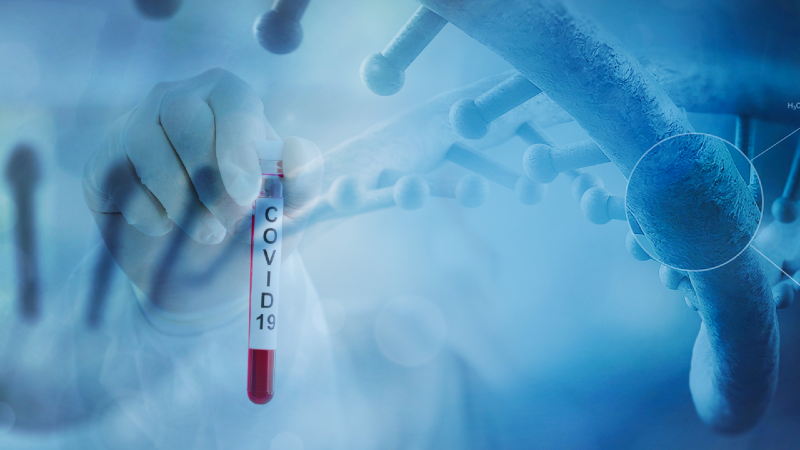On 22 June, Gilead announced that it will begin Phase I clinical trials for inhaled remdesivir in healthy volunteers, and is hoping to extend further studies in patients with Covid-19 later in August. This follows previous studies showing that intravenously administered remdesivir did not provide a meaningful benefit to milder Covid-19 patients. However, an inhaled formulation might work differently. GlobalData anticipates that the inhaled formulation will specifically target this population and will be administered via a nebuliser in order for patients to self-administer away from hospitals so staff can prioritise beds for more severe patients. GlobalData believes that Gilead will successfully develop a formulation that can be easily nebulised, but there may be difficulties in implementing the new formation’s widespread use in the home setting.
Remdesivir has proven anti-viral activity as a viral ribonucleic acid (RNA) polymerase inhibitor, and it is important to target the virus itself during the earlier stages of the disease. This is highly relevant in the context of Covid-19 because, in the early stages, the virus is the major driver of the disease, whereas in severe patients in later stages the main driver appears to be the patients’ immune systems overreacting. Although Gilead has been testing remdesivir with immune modulators to tackle the enormous immune reactions that strike patients in the later stages, at least 80% of symptomatic cases are mild to moderate. It is, therefore, no surprise that Gilead is leaning on the success of remdesivir to target this population too.
Angad Lotay, MPharm, Infectious Diseases Analyst at GlobalData, states: “An inhaled formulation would be given via a nebuliser device, which could potentially allow for easier administration outside the hospital setting. Gilead may need to reformulate its powdered remdesivir vial, which currently requires reconstitution prior to intravenous administration. Although there are chronic conditions that permit training to reconstitute medication for self-administration by injection or via nebuliser, it is uncommon to see this in acute infections without the assistance of trained staff. Additionally, a supply of equipment and nebulisers would be needed for each patient and would certainly raise concerns regarding costs and, more importantly, supply, which would create a significant barrier.”
As with other treatment options, choosing an optimal time to start treatment will be a key piece of information that GlobalData expects from later clinical trial data. However, at this stage of development, safety and efficacy are the primary concerns. In clinical trials to date, patients receiving intravenous remdesivir had a 31% faster recovery time, but the majority of patients with mild Covid-19 usually recover at home with supportive care and isolation in accordance with guidelines. Therefore, it will be a test for Gilead to demonstrate the significance of inhaled therapy and how far it outweighs the current standard of care.

US Tariffs are shifting - will you react or anticipate?
Don’t let policy changes catch you off guard. Stay proactive with real-time data and expert analysis.
By GlobalData





